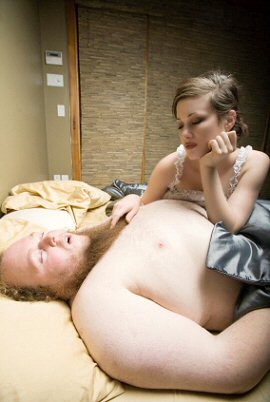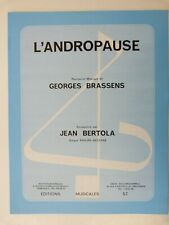
Although there has been a 400 percent surge in testosterone therapy prescriptions, European researchers say that the so-called male menopause (formally known as late-onset hypogonadism) is relatively rare, affecting only 2 percent of men. The new study, published in theNew England Journal of Medicine, contends that most men who believe they are suffering a reduction in testosterone production are simply in poor health.
The researchers, from the University of Manchester and other institutes in the UK and Europe, measured the testosterone levels of more than 3,000 men between the ages of 40 and 79 from around Europe and also surveyed their sexual, physical and psychological health.
The team found that less than one-third of the symptoms usually associated with the male menopause were actually linked to low testosterone levels, the most important being the three sexual symptoms – decreased frequency of morning erections, decreased sex drive and erectile dysfunction. The study contends that only the presence of all three sexual symptoms – together with low testosterone levels – indicates the presence of late-onset hypogonadism. Other “symptoms” were only weakly, if at all, related to low testosterone levels.
“The long list of nonspecific symptoms that have a potential association with testosterone deficiency makes it difficult to establish a clear diagnosis of late-onset hypogonadism. This situation is further complicated when you consider that even the most specific sexual symptoms of androgen deficiency was relatively common among men with normal testosterone levels,” professor Wu concluded.
Related:
BPA found to have “dramatic” effect on adult hormone levels
Male testosterone levels surge with ovulation
“Striking” link between omega-3 fatty acid and male fertility
Testosterone patch to boost women’s sex drive gets thumbs-down











Comments are closed.